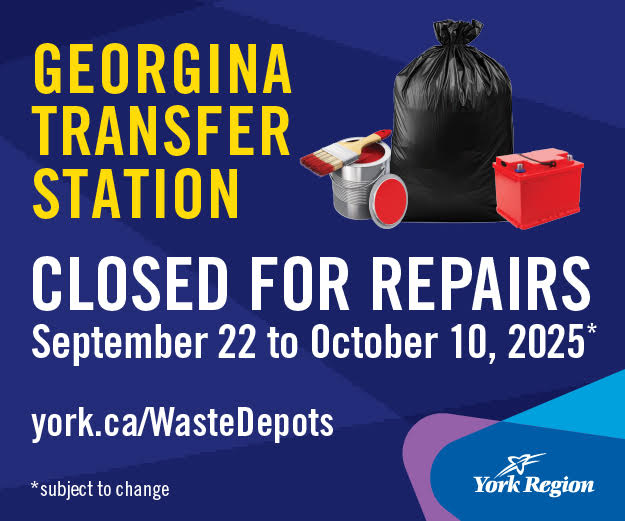
TORONTO — Improving COVID-19 trends had Ontario rolling back emergency hospital measures and mulling whether to reopen sooner than scheduled on Thursday, although concerns mounted over a new variant gaining ground in the province.
Worries over the more contagious Delta variant, first detected in India, had the government considering whether to allow residents to book their second vaccine doses sooner and critics cautioning against easing public health measures too quickly.
Health Minister Christine Elliott said the government was assessing the latest data to determine whether the province’s reopening plan – currently set to take effect June 14 – could kick in earlier.
“I don’t think it would be a week earlier, but it may be a few days earlier,” she said. “We know that people are anxious to move into Step 1, but we can only do that when it’s safe for everyone’s health for that to happen.”
The province’s third wave of COVID-19 has been receding in recent weeks, although recent days have seen a slight bump in infections – Ontario reported 870 new cases and 10 deaths from the virus Thursday.
The growing prevalence of the Delta variant, however, has raised red flags. The variant made up nearly a quarter of COVID-19 cases in Ontario as of Thursday, according to science experts advising the government.
Elliott said concerns over the variant had the province examining the possibility of moving up the second-dose vaccine timeline for all residents. Ontario started allowing people aged 80 and older to move up their second doses this week, shortening the previous four-month interval between shots.
“We are examining the potential for expanding that to all age groups to make sure that anybody who wants to receive their second vaccine can get one as quickly as possible,” Elliott said.
“We’re looking at all options, because we need to stay ahead of this variant so that we can then move into Stage 1 and get life back more to normal for people as quickly as we can.”
The province’s top doctor warned, however, that it was a “very critical time” for Ontario and progress could easily be reversed.
Dr. David Williams said the recent bump in daily infections might be attributed to the Delta variant or people gathering over the Victoria Day long weekend. An earlier provincial reopening would depend on how things progress, he said.
“It really is down to the numbers,” he said. “Let’s hope we can turn that around fairly assertively and see if the numbers drop, and then we’ll have some better answers for the premier and the minister early next week.”
Opposition leaders cautioned the government against reopening too quickly.
“I have some real concerns, as many Ontarians do, about the possibility of a fourth wave,” NDP Leader Andrea Horwath said, noting that the government was keeping schools closed to in-person learning but considering reopening businesses faster.
“The last thing we need is for this government to screw it up again.”
Green party leader Mike Schreiner said the government should carefully plan the reopening, noting that moving too quickly earlier in the pandemic resulted in major losses for businesses when another shutdown was required.
“We have to avoid another lockdown,” he said.
Earlier Thursday, the government announced it was ending several emergency orders aimed at preserving hospital capacity during the height of the third wave, though some remained in place due to still-high intensive care admissions.
Ontario Health, which co-ordinates several agencies in the health-care system, said hospitals could resume non-urgent surgeries that require inpatient and critical care resources, if they meet certain criteria including readiness to take in transferred patients from elsewhere. They must also be prepared to contend with surges in COVID-19 cases.
Hospitals can also no longer transfer patients to long-term care or retirement homes without their consent, and home care and other health-care staff can no longer be redeployed to those homes.
Patients can still be transferred between hospitals without their consent and non-hospital health-care staff can still be redeployed to hospitals.
“All signs are pointing towards a system recovery, requiring us to continue our work together,” CEO Matthew Anderson said in a memo, noting that some hospitals in the Greater Toronto Area were still treating many COVID-19 patients.
There were 729 people were hospitalized with COVID-19 in Ontario, including 546 in intensive care and 370 patients on ventilators.
Also on Thursday, the province updated its second-dose guidance for people who received a first dose of the Oxford-AstraZeneca COVID-19 vaccine.
AstraZeneca recipients can have the second dose of the same vaccine or receive a dose of Pfizer-BioNTech or Moderna starting Friday. These second dose options will be provided at the recommended 12-week interval.
This report by The Canadian Press was first published June 3, 2021.
Holly McKenzie-Sutter, The Canadian Press
- September 24, 2025 Issue - September 26, 2025
- September 10, 2025 Issue - September 10, 2025
- August 24, 2025 Issue - August 28, 2025











































